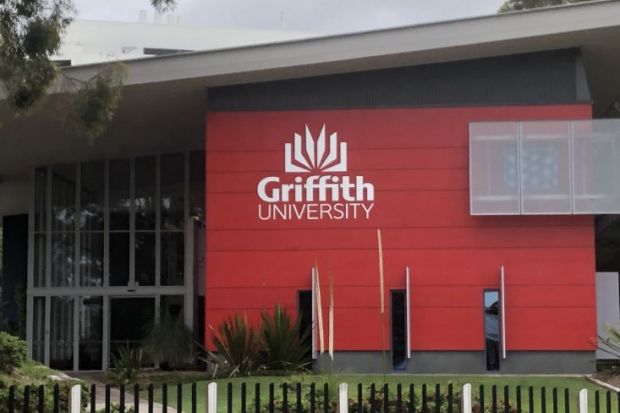A fiercely contested workplace ballot at Griffith University has seen management and the union sharing the spoils, with professional staff accepting their proposed enterprise agreement while academics rejected their version.
Over two-thirds of the 2,000-odd professional and support staff who submitted votes consented to Griffith’s proposal for pay rises, job creation, new categories of leave, workplace flexibility provisions and revised work allocation and performance management procedures.
But a similar proposal for academic staff was knocked back by almost two-thirds of the 1,300-odd eligible voters who participated.
The poll was one of the most closely watched Australian university workplace ballots in years, after Griffith put its proposals directly to staff without securing the support of the National Tertiary Education Union (NTEU).
Griffith is one of four universities that have taken this approach since October. Enterprise agreements opposed by the NTEU usually fail to win staff backing, but two such proposals – at Southern Cross and Charles Darwin universities – were approved by employees in November. Voting at another institution, the University of Newcastle, opened on 13 December.
Regional universities occasionally attempt to bypass unions in enterprise negotiations, but normally only one at a time. For multiple institutions to do so – particularly a major metropolitan university such as Griffith – is unprecedented.
Griffith vice-chancellor Carolyn Evans said her university would now proceed with the proposed agreement for professional staff, who had secured a “good outcome”. Meanwhile, negotiations would recommence with the NTEU over the academic staff agreement.
“We will also continue to engage with academic colleagues to help determine which elements…you have the most significant concerns about,” she told staff.
In a statement, the NTEU said Griffith management’s ballot had “divided” the university. “As your union, we now turn our efforts to intensive bargaining for academic staff at Griffith for improved pay and conditions,” it said.
It said professional staff’s endorsement of their agreement would not deter it from fighting for them “and tackling systemic issues like chronic overwork”.
Universities’ willingness to pursue proposals without NTEU endorsement reflects an increasingly acrimonious negotiating environment, with administrators frustrated by what they see as unnecessary delaying tactics by the union. In an email to employees in late November, Professor Evans said 19 meetings with the NTEU had failed to secure an agreement and she wanted to offer staff “certainty” before the end of the year.
“We are also conscious that the NTEU only represents a minority of our staff, and it is important to give an opportunity to all staff to have their say,” she said.
But the NTEU has insisted that it will not support “substandard” agreements with pay rises that do not keep pace with inflation, and inadequate protections around issues such as workloads and academic freedom. The union is particularly suspicious of Griffith’s move to avoid inadvertent underpayments by simplifying pay structures for sessional academics.
Stephen Weller, chief operating officer of the Australian Catholic University, said there was a natural tension between administrators’ desire for slimmed-down enterprise agreements and unions’ preference for bulk. Management wanted the details posted in university policies, to provide “the flexibility that circumstances might demand”, while unions wanted them in enterprise agreements where they had “the protection of law”.
“This is one of the areas where both management’s and the union’s position is reasonable,” Dr Weller said.
Register to continue
Why register?
- Registration is free and only takes a moment
- Once registered, you can read 3 articles a month
- Sign up for our newsletter
Subscribe
Or subscribe for unlimited access to:
- Unlimited access to news, views, insights & reviews
- Digital editions
- Digital access to THE’s university and college rankings analysis
Already registered or a current subscriber? Login










